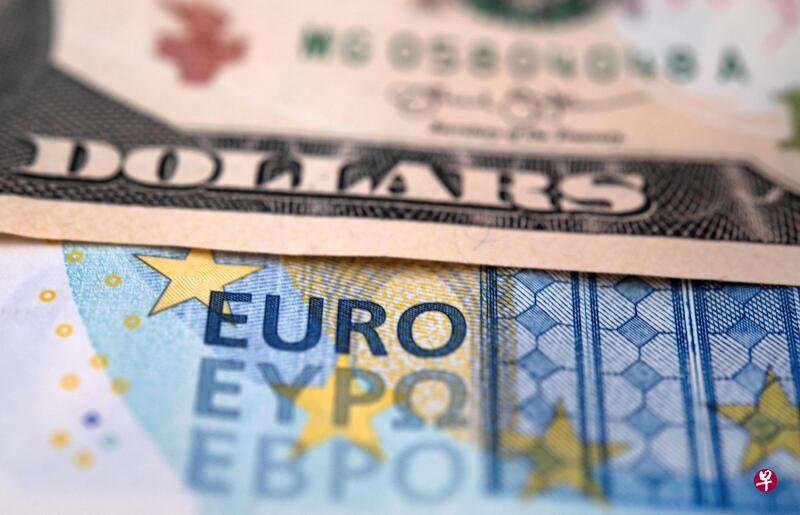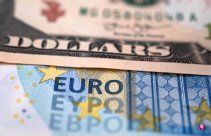
Russia has stopped supplying natural gas for the euro zone country and exacerbating the market's concerns about the energy crisis, leading to the euro to a new low of 20 years.
The exchange rate of the euro against the US dollar fell 13 % this year, and it fell to 0.988 on Monday (September 5), the lowest level since 2002, and at 0.993 at 6 pm on Tuesday.
The euro fell about 14 % since May last year, and hovered at the 1.395 level at 6 pm on Tuesday, slightly higher than the historical low of 1.3842, which was reached last month.
Analysts expect that the euro may continue to be soft against the US dollar and Xinyuan.
Huili NOVA strategist Lin Junjie said in an interview with Lianhe Morning Post: "Russia's closure of pipelines that supply natural gas in most Western European regions, causing the market to face the problem of energy shortage.Bring greater pressure. "
He pointed out that the inflation rate in the euro zone in July was 8.9 %, which was more than three times higher than the same period last year."The closing of the natural gas pipeline this time will cause the inflation situation to deteriorate sharply, causing the European economy to fall faster. The euro exchange rate prospects are sluggish, the euro may continue to fall against the US dollar, and it may fall to 0.94 at the end of this year."
In addition to the energy crisis factors, Xie Qixiong, a senior foreign exchange analyst at Bank of Daonek, pointed out that the expansion of Peripheral Spreads in Germany and Italian government bonds also brought low pressure on the euro exchange rate.These unfavorable factors may cause the European Central Bank to start the normalization of monetary policy to fight inflation.
Overall, because the European macroeconomic still faces downward risks, the position of short euro against the US dollar has not yet been seen. In the next few quarters, the exchange rate of the euro against the US dollar is less than 1.
Xie Qixiong predicts that the euro against the US dollar is 0.98 and 0.97 in the third and fourth quarters of this year, and the first and second quarters of next year will be 0.99 and 1.
Lin Junjie pointed out that the trend of the euro against Singaporean is also weak.my country's economy depends on exports and global trade, and is vulnerable to the weakness of the US and the European Union economy.The economic recession of these trading partners will curb the demand for exports of Singapore, which will affect the new Yuan currency value.
He believes that the Federal Reserve Agency maintains the eagle position, tighten monetary policy to fight inflation, and will boost the trend of the US dollar against other currencies.Although the euro and Xinyuan will depreciate against the US dollar, the degree of affected is different.In the case of intensified inflation pressure, compared with the European Central Bank, the Singapore Financial Authority is in an advantage in tightening monetary policy, which will lead to the continued softening of the euro against Singapore.
Lin Junjie predicts that if the euro is kept at a level below 1.43, it will fall to 1.353. If it falls below, it may further explore 1.262.
On the other hand, the yen fell against the US dollar to a new low in 1998, and it can be redeemed for 140.97 yen on Tuesday of 1 USD.Xinyuan rose to 100.89 against the yen.
Simon Harvey, director of foreign exchange analysis of Monfx, pointed out that this is because the Bank of Japan maintains low interest rates and deviates from the Fed's monetary policy.


